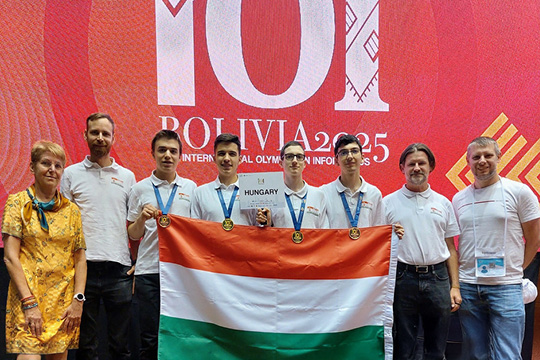Passive High Screen Time Linked to Lower Well-Being in Young Children, Global Study Finds
Logiscool
Apr 23, 2025
A new global study of over 80,000 parent reports shows that passive high screen time in children aged 4–6 is linked to lower well-being. The study, published in April 2025, found that higher screen time correlates with issues in psychosocial well-being, social functioning, parent-child relationships, and behavioral functioning. However, the researchers emphasize that the type and context of digital content also play significant roles in these outcomes. They suggest that parents can mitigate negative effects by moderating screen time, choosing high-quality educational content, and engaging in tech activities with their children. (Medical Xpress)

